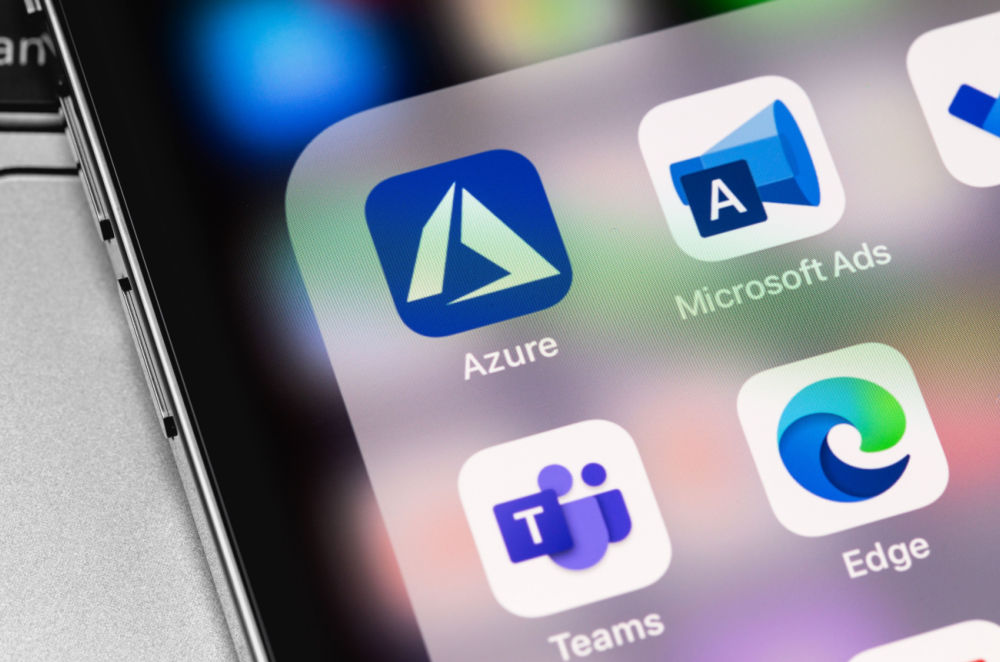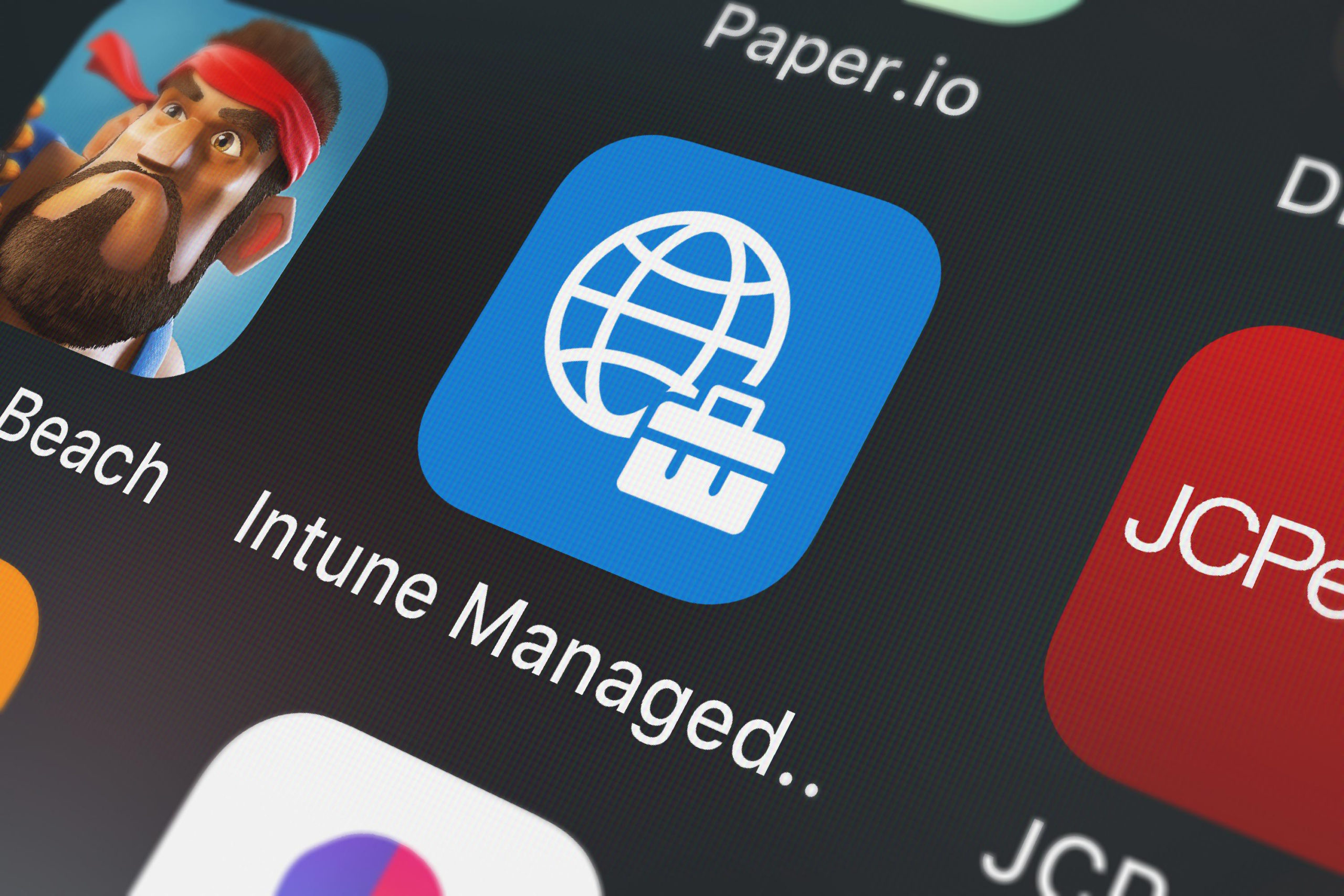Top IT Leader Trends for 2026: Microsoft, AI Agents, Security, and Identity
In a lot of the environments we support, the same pattern keeps showing up. IT leaders aren’t short on ideas. They’re short on time, clean data, and...

The developer experience is now recognized as a vital factor in software delivery; 58% of software engineering leaders indicate that it’s very or extremely critical to their organization’s C-suite. This isn’t simply coding, but streamlining all of the processes that improve developer productivity and mitigate the handoffs that disrupt value delivery.
Organizations, even traditional ones, are under extreme pressure to advance their software development strategies in the digital era to effectively compete. As McKinsey puts it, they “must look, think, and act like software companies.”
This urgency is largely due to the increased adoption of digital products to infuse software into product and purchase experiences, and the growing value all industries are deriving from software. Amidst this widespread transformation, organizations need to invest in the capabilities to resolve common challenges in software development processes and manage complicated application architectures.
This means equipping developers with the tools and technologies, like Azure DevOps Services, that help coordinate and expedite all development efforts throughout the end-to-end application lifecycle.
Azure DevOps is a cloud-based platform from Microsoft that provides a comprehensive suite of development tools for managing the entire software development lifecycle. It’s a set of tools and services that help developers plan, build, test, and deploy applications; each service directly correlates to a specific aspect of the development lifecycle.
Basically, Azure DevOps enables an integrated and streamlined approach to software development, allowing teams to collaborate and deliver high-quality software more quickly and efficiently.
Azure DevOps consists of several services, including:
Azure Boards
Azure Boards is a flexible project management tool that provides an agile framework for planning and tracking work, like user stories, bugs and tasks. It can also be used by developers to access immersive boards, lists, and backlogs; develop item charts and worklists; create delivery plans that incorporate dependencies, and link to GitHub repositories.
Azure Test Plans
Azure Test Plans provides tools for automated, manual, exploratory and continuous testing, and supports testing across multiple platforms and environments. It enables teams to manage their test plans alongside their development and deployment workflows, collaborate and share testing resources across projects, and collect project stakeholder feedback. Progress report, parameters, configurations, runs, test tools and plans are encompassed in the testing capabilities.
Azure Repos
Azure Repos is a Git-based version control system that allows developers to manage source code, track changes, and collaborate. It offers two types of version control systems: Git, a distributed version control system that enables developers to work on their code locally and collaborate via remote repositories; and Team Foundation Version Control (TFVC), which is a centralized version control system that offers more control over file versions and supports more complex versioning scenarios. Azure Repos also provides end-to-end visibility and traceability via integration with Azure Boards and Azure Pipelines. Additionally, it connects to numerous development environments, including Xcode, Eclipse, IntelliJ, Visual Studio, and more.
Azure Artifacts
Azure Artifacts is a package management service that enables the creation, hosting, and sharing of packages, like npm, Maven, Python, and NuGet. It simplifies the management of packages and their dependencies so there’s less time and effort involved in managing software components across multiple projects and teams. Once packages are published to a feed, developers can share them publicly, in a team, or throughout organizations. Azure Artifacts also integrates with numerous development tools and platforms, like Jenkins and Visual Studio, so package management can be easily integrated into development workflows.
Azure Pipelines
Azure Pipelines, a Continuous Integration and Continuous Deployment (CI/CD) service, enables developers to automate the building, testing, and deployment of their applications to different platforms - including cloud-based services, Kubernetes clusters, and virtual machines. Applications can be built and deployed in various languages, such as .NET, Ruby, Node.js, Python, Xcode, Java, and others. By supporting both YAML and visual pipelines, it also offers versatility in how developers define and manage their workflows. Additionally, it integrates with various Azure services, like Azure Kubernetes Service (AKS), Azure Functions, and Azure Repos, as well as third-party services, so developers can still leverage their existing workflows and tools.
Due to the open and extensible nature of Azure DevOps, these five different services can be used together for complete DevOps functionality, or organizations can select the specific services they need.
By leveraging this extensibility, Azure DevOps can be customized to fit different software development and deployment requirements. It provides a rich set of APIs and extension points that enable developers and partners to build extensions and integrations with diverse services, like Slack or Campfire for example, that can further enhance and augment the platform’s functionality.
Also, Azure DevOps features workflows that are facilitated for Kubernetes deployment and native container support, in addition to pre-installed cloud based agents for Mac OS, Linus, and Windows.
Kubernetes plays a key role in Azure DevOps because organizations can deploy and manage containerized applications at scale. For example, Azure Kubernetes Service (AKS) is a completely managed Kubernetes service that simplifies the deployment and management of Kubernetes clusters so organizations can just focus on building and deploying their applications.
Services like Azure DevOps can alleviate a number of software development process challenges, including:
Choosing the appropriate Azure DevOps services for your organization’s needs is a critical decision that impacts the end-to-end software development lifecycle. It ensures that your development and deployment processes can handle fluctuating demands while maintaining high performance, and meet security and compliance requirements.
There’s several considerations that are involved in choosing Azure DevOps services:
A top Microsoft consultancy, like CloudServus, is a valuable resource in enabling your organization to achieve your software development and delivery goals using Azure DevOps.
At CloudServus, we have a team of accomplished experts with years of experience in designing, implementing and managing Azure DevOps solutions. We can provide guidance to help you choose the right Azure DevOps services, configure and customize them to meet your requirements, and integrate them with your current tools and systems.
Our specialists also offer training and support to help you get the most of Azure DevOps services and ensure your teams can use them effectively. Additionally, we provide best practices on how to optimize and refine the solution over time to help you stay up-to-date with new Azure DevOps features and capabilities.
Reach out to us at CloudServus to get started with Azure DevOps - so you can build and maintain a robust, efficient, and effective software development and delivery pipeline.

In a lot of the environments we support, the same pattern keeps showing up. IT leaders aren’t short on ideas. They’re short on time, clean data, and...

Microsoft recently announced a critical change to Azure App Service web applications; as of March 31, 2025, it will cease all disaster recovery mode...

A company that sells and services communication devices had an upcoming Microsoft Dynamics Enterprise Resource Planning (ERP) deployment planned for...